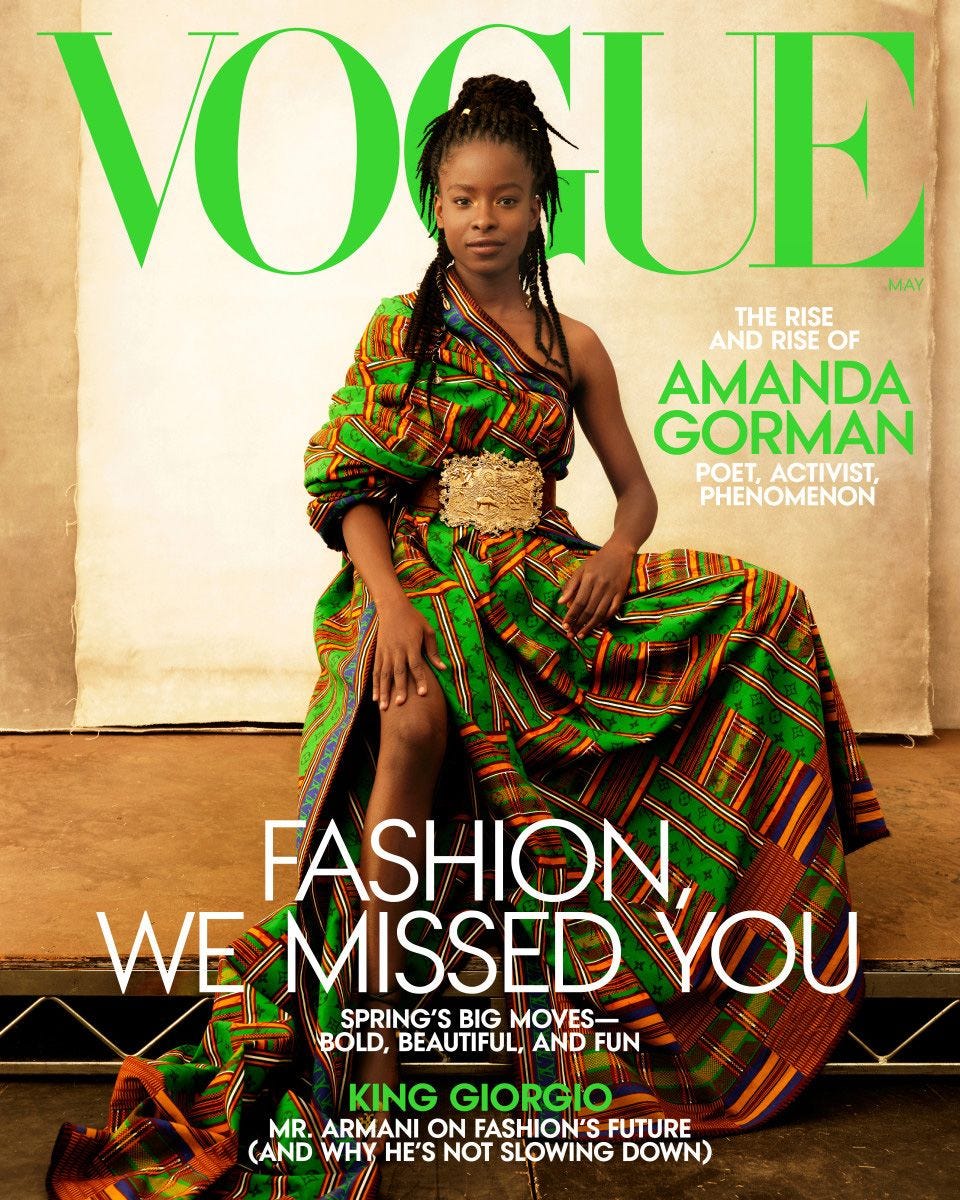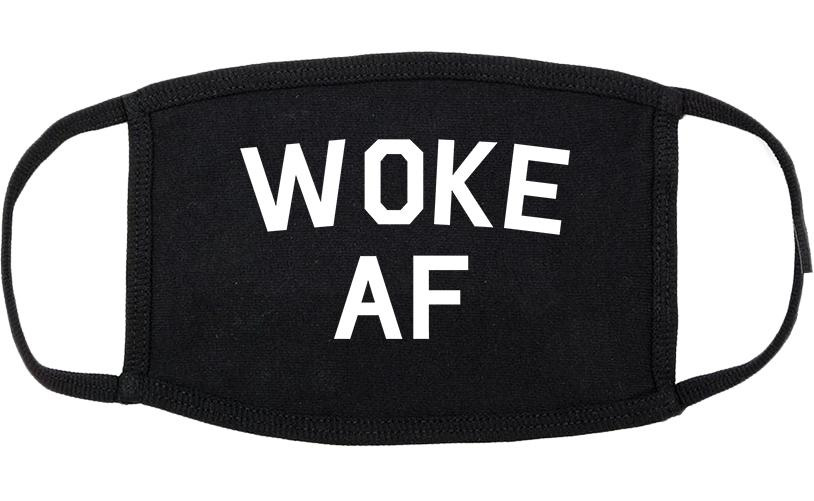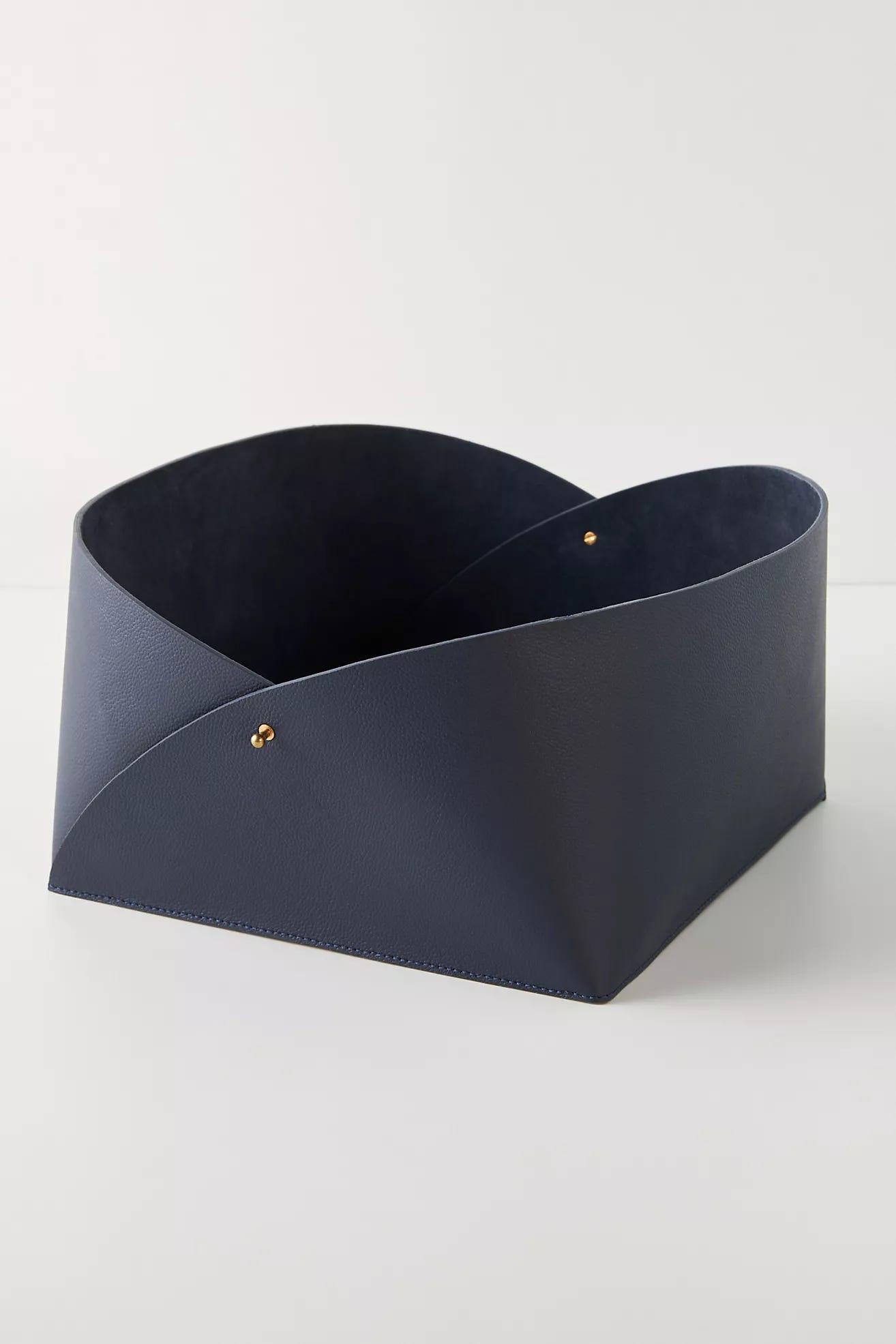Moms like Chrissy Teigen are redefining modern masculinity
“I think more men should embrace their emotions. I think that's really important in this world.”
Chrissy Tiegen is often in the news due to something she said or did on the internet. Case in point: In the past few days, publications have documented the 35-year-old cookbook author and lifestyle personality’s collection of robes, newly dyed bright pink hair and rejection of diet culture. And while celebrity news usually falls outside the purview of The Supercreator, I was deeply moved by a recent interview in PEOPLE’s latest issue in which Teigen shared her and husband John Legend’s approach to parenting Miles, their two-year-old son. From Melody Chiu and Benjamin VanHoose:
“Miles is very emotional. He's a lot like me too,” says Teigen, who also shares daughter Luna, 4, with husband John Legend. “He wears his heart on his sleeve, and we embrace that. I think more men should embrace their emotions. I think that's really important in this world. That it's okay to cry, and it’s okay to be upset about something or to be sad about something. We're going to talk it through and it’s okay.”
”There is no ’Be a man’ in our house,” she adds. ”There’s no right way to be a man, and John is so good about showing them through how he treats me how to be a good man, how to be a good father. It’s wonderful to see.”
I’ve been thinking about masculinity a lot lately.
It started when I tuned in to Generation, the new HBO Max original TV series that follows a group of high school students as they embrace their sexuality and explore all the ups and downs that come with life and love. I’m obsessed with the characters who are courageous and free-spirited versions of the teenager I wish I had permission to be when I was growing up.
The reflections continued in recent weeks after Lil Nas X released the kind of song and accompanying visual that probably would have ended at worst — or derailed at best — the careers of artists a decade ago.
My heart is warmed by the space Teigen and Legend are giving Miles to express his full humanity instead of teaching him to suppress his feelings under the guise of outdated patriarchal conventions. I know there’s so much to despise about the world we’re passing along to young people. But if we can redefine modern masculinity to be less toxic then maybe they’ll be able to clean up our mess with less trauma weighing them down.
Everything Else You Need to Know Today
— Culture
Amanda Gorman looks stunning on the new cover of Vogue. (If you care, she’s wearing Dior Haute Couture and Louis Vuitton if you care.) Speaking of Vogue, its sister magazine finally broke its self-imposed social-media silence to announce it promoted entertainment and culture director Danielle Kwateng to executive editor. A few of the creators of those TikTok dances Addison Rae #performed on Jimmy Fallon the other week joined the host for the segment that should have aired from the jump. The two doormen who stood by while a Filipino-American woman was attacked in NYC were fired. “me too.” founder Tarana Burke signed a deal to develop all kinds of TV and streaming media for CBS Studios. Kanye West will reportedly be the subject of a $30-million Netflix documentary.
— Politics
The Biden administration will provide up to $9,000 to cover the burial costs of each American who died of COVID-19 through a funeral assistance program that launches next week. Meanwhile, the White House press corps is frustrated because the Biden WH is less leaky than Donald T****’s. Since T**** left Washington in disgrace, the number of Americans who identify as Democrats or lean Democratic has increased by nine percent, the largest in almost a decade. Atlanta mayor Keisha Lance Bottoms signed an executive editor to mitigate some of the racism unleashed by Gov. Brian Kemp’s voter suppression law. Patagonia is showing its disapproval of the law by pledging $1 million to fight anti-democratic bills in the Peach State and ‘round the country.
— Business
Amazon CEO Jeff Bezos says it’s fine if his company has to pay more corporate taxes to finance President Biden’s infrastructure plan. Digital-ad spending increased 12.2 percent during the pandemic, proving last year’s initial falloff to be an aberration. In other advertising news: Ahead of the launch of iOS 14.5, Apple announced two technologies that measure the impact of marketing campaigns without tracking users. DoorDash drivers are turning down low-paying deliveries so the app’s algorithm will respond with higher-paying ones. Pinterest launched a $500,000 “Creator Fund” to provide cash and media to a group of eight creators from under-represented backgrounds. Membership app Patreon raised $155 million in a new round of funding and is now worth $4 billion.
— Tech
According to the Pew Research Center, YouTube saw usage grow from 73 percent of US adults in 2019 to 81 percent in 2021. Related: The company created a new metric called “Violative View Rate” — or VVR — to track how many views happen on videos that violate its rules and should be taken down. New iPads are coming! And Facebook is testing Hotline, a hybrid of Clubhouse and Instagram Live, that would enable creators to speak to an audience who can then ask questions through either text or audio.
Read All About It
Adam Serwer at The Atlantic on the nonexistence of “woke capital”:
Putting out statements supporting Black Lives Matter or adorning their logos with pride colors is very easy for big corporations, but such gestures do not signal a commitment to fair wages, safe working conditions, or a willingness to pay their share in taxes, let alone racial egalitarianism in all but the most cosmetic sense. They are merely brand management. “Woke capital” does not actually exist, only capital—and its interests remain the same as they have always been.
Rachel Louise Ensign at The Wall Street Journal on post-pandemic grooming:
Some Americans worried about contracting Covid-19 indoors skipped routine haircuts and other personal-care services after the pandemic began. With vaccine distribution picking up, and people venturing out, these customers are excitedly returning for cuts, manicures, waxes and facials.
The reunions are a welcome boost for an industry that has faced tough restrictions in many states. But the months without the usual maintenance–or worse, botched at-home efforts–are presenting unique professional challenges.
Cathaleen Chen at Business of Fashion on post-pandemic shopping:
With the end of the pandemic in sight, retail activity is on track for complete recovery. In the fourth week of March, US apparel traffic grew 7,900 percent year-over-year, according to a recent Cowen report, equivalent to about 62 percent of 2019 levels. Consumers, meanwhile, are already purchasing outfitsfor their first post-pandemic social event.
But brick-and-mortar retail will look differently post-pandemic from how it did in 2019, retail experts say. Many of the consumer behaviour changes adopted in 2020 will likely be permanent and the creative arrangements that retail operators like South Coast Plaza made are turning out to be perennial solutions.
In other words, the pandemic actually forced brands and retailers to have stronger stores with more convenient offerings, from no-contact payment solutions to multiple options combining online shopping with in-person components, such as buy-online, pickup-in-store or buy-online, return-in-store.
Miranda Lievers at Fast Company on moving beyond “lean in”:
That said, the onus can’t be entirely on women to “fix” themselves, to amend and adjust their attitudes and behaviors to thrive in entrepreneurial ecosystems. We must simultaneously confront the various ways that existing policies and procedures are systemically biased. You can lean in all you want, but many imbalances are already baked in.
To be clear, this isn’t some corrupt patriarchal conspiracy. Bias is insidious partly because it’s so often invisible. And while identifying those biases is one thing, fixing them is another pickle altogether. Many corporate actors talk an enlightened talk, while inequality festers under the surface.
Lauren Goode at WIRED on when the internet won’t let you forget:
Of the thousands of memories I have stored on my devices—and in the cloud now—most are cloudless reminders of happier times. But some are painful, and when algorithms surface these images, my sense of time and place becomes warped. It’s been especially pronounced this year, for obvious and overlapping reasons. In order to move forward in a pandemic, most of us were supposed to go almost nowhere. Time became shapeless. And that turned us into sitting ducks for technology.
Our smartphones pulse with memories now. In normal times, we may strain to remember things for practical reasons—where we parked the car—or we may stumble into surprise associations between the present and the past, like when a whiff of something reminds me of Sunday family dinners. Now that our memories are digital, though, they are incessant, haphazard, intrusive.
It’s hard to pinpoint exactly when apps started co-opting memories, madly deploying them to boost engagement and make a buck off nostalgia. The groundwork was laid in the early 2010s, right around the time my now ex and I started dating. For better or worse, I have been a tech super-user since then too. In my job as a technology journalist, I’ve spent the past dozen years tweeting, checking in, joining online groups, experimenting with digital payments, wearing multiple activity trackers, trying every “story” app and applying every gauzy photo filter. Unwittingly, I spent years drafting a technical blueprint for the relationship, one that I couldn’t delete when the construction plans fell apart.
Rebecca Jennings at Vox on low-rise jeans:
Low-rise jeans have become a particular sticking point for the mostly imaginary battle between millennials and zoomers on TikTok, where millennials plead for teenagers to stop buying low-rise jeans as if they could somehow stop these jeans from becoming cool again. This feud is not to be confused with the one in which millennials make cringey videos about teenagers coming to take away their right to wear skinny jeans (they are not).
Michael’s Pick
Anthropologie Viv Leather Basket in Navy ($98–$138): These chic leather baskets come in four colors and are the perfect size to store whatever survives my annual deep-spring cleaning.





